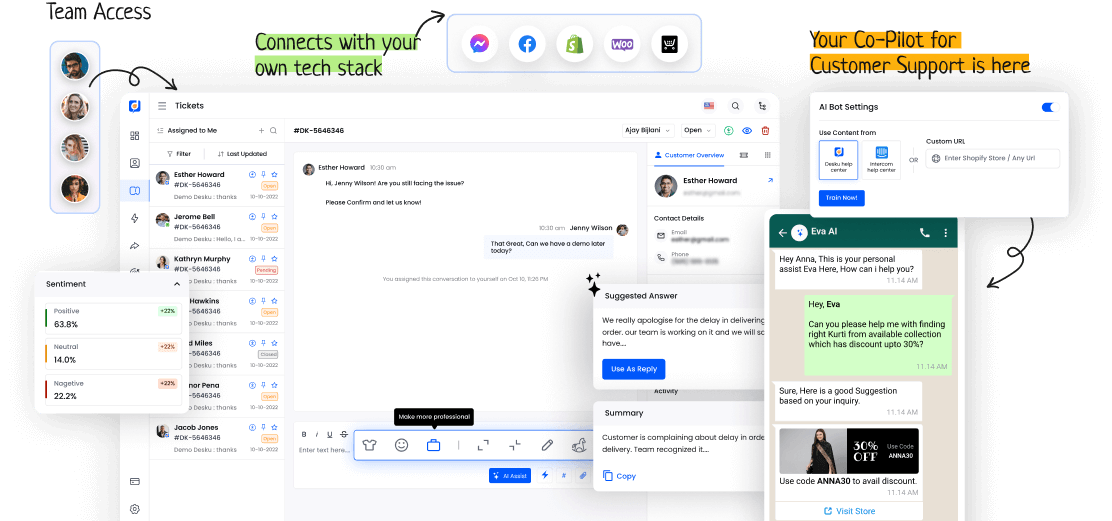Personalization is a key part of business today. It's more than just customization. It's about making real connections with people.
So, what is it? Personalization uses many methods and tools. These cater to the special needs and likes of customers. It can mean products picked just for them or personal messages. This aspect of business is very important. It helps build long-term relationships with customers.
But how can businesses use personalization well and win in a tough market?
I. Understanding Personalization
Personalization is a key tactic in marketing. It shapes content and experiences for each user. This tailoring uses the user's preferences and actions. It means studying what customers like.
Then, businesses can send messages and offers that hit the mark. This understanding lets businesses craft experiences that ring true with their audience. It boosts involvement and loyalty. It makes customers happier and builds stronger bonds between businesses and their market.
II. Role of Personalization in Marketing
In marketing, shaping content and experiences to fit each person's likes and actions is key. It sparks interest in the customer and builds trust.
| Benefits of Customization | ||
|---|---|---|
| Better Customer Involvement | Trust in the Brand | Custom Experience |
| Better Communication | More Purchases | Positive View of the Brand |
| Fitting Suggestions | Keeping Customers | More Value from Each Customer |
III. Impacts and Benefits of Personalization
Personalized marketing strategies boost customer engagement and brand loyalty. They shape content to fit each customer's likes. This improves user experience and grows customer satisfaction and loyalty.
Personalization builds a deeper bond between the brand and the buyer. It leads to meaningful interactions and stronger ties. In the end, this method increases customer engagement and promotes brand support.





